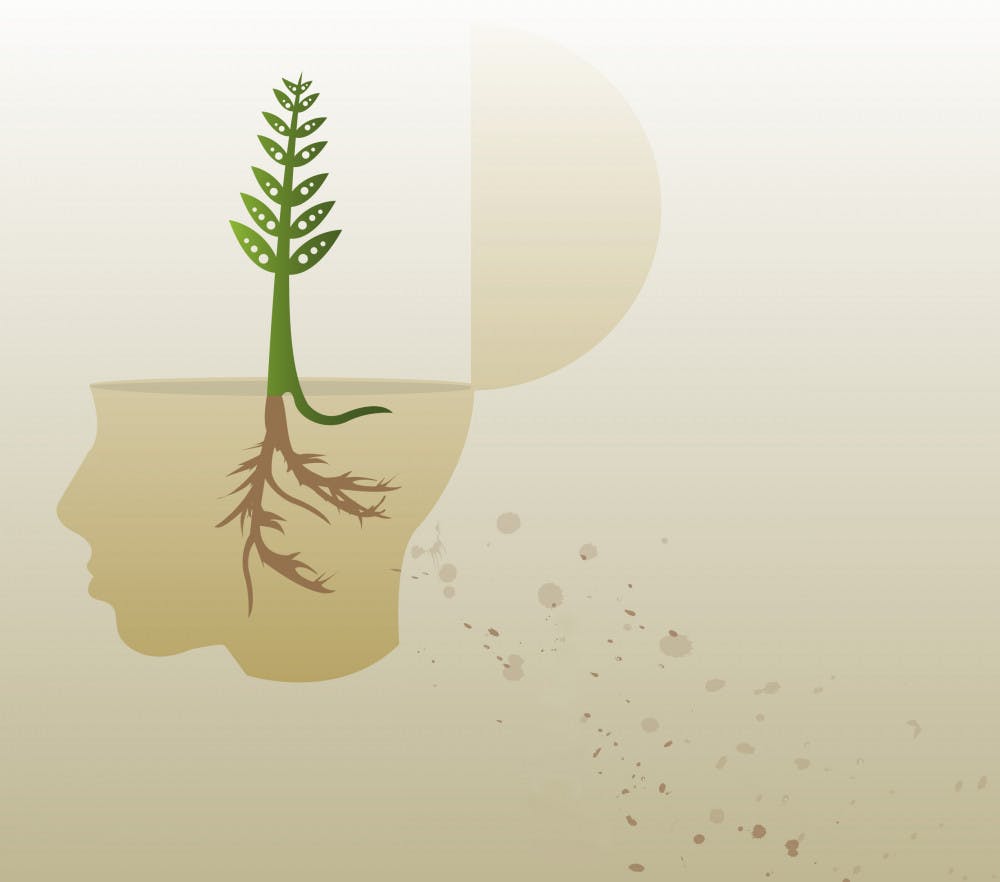The debate over embodiment — the interdependence between our physical and mental selves — is not young, but it is particularly relevant today. With the realization that, "I think, therefore I am," Rene Descartes fueled a long tradition that effectively dissociated the mind from the body, the soul from the corpse and spurned our physicality as base and impure.
Hundreds of years later, philosophers like Immanuel Kant and Friedrich Nietzsche confronted the assumption that our minds exist independently from our bodies, and asserted that our mind and body are actually finely interwoven. Nietzsche called for an acute understanding of the body and its ways in order to better compose one's mental self. He took this thought to the extreme, claiming our diets have a critical and specific influence on our mental functioning. He thought, quite literally, that we are what we eat.
Nietzsche may have championed embodiment more than can be defended, but he was not far off. For one, my mental state is highly sensitive to my diet. Whether idle from spaghetti, hyped off of coffee or lucid and stumbling from beer, it's apparent that the food and drink I consume have a near immediate effect on the way I think, sense and perceive the world. The physiological and biochemical reactions catalyzed by my consumption trigger a shift in my physical and mental functioning.
Activity also reveals this embodiment. My thoughts lag on days I don't run; my limbs lag on days I don't think. If I go a week without exercising, my mind likewise takes a week's vacation. My thoughts appear sloppy and vague. When I physically overexert myself, I experience both physical and mental exhaustion.
The relationship is bidirectional. My body pays the debt on my mental transgressions; my mind bails my body from jail.
Too often the mind is regarded as immaterial, independent and nearly divine — pure and stable so long as its stimulated. All the while, our body is neglected, tortured with an array of excessive exercise, poor nutrition and sleep deprivation. Yet we wonder why we wake in a fog, unable to concentrate on more than the menial for longer than a minute.
The interdependence of our mind and body becomes clear through experience. While thorough reasoning may serve to dissociate the two, the truths of our drunken lucidity and satiated sloth is evidence enough for us to recognize this dependence, and conduct ours lives in healthy respect of both of these faculties.
Posts in Poor Philosophy appear on Tuesdays.
Immanuel Kant and Friedrich Nietzsche argued that our minds and bodies are interwoven.




